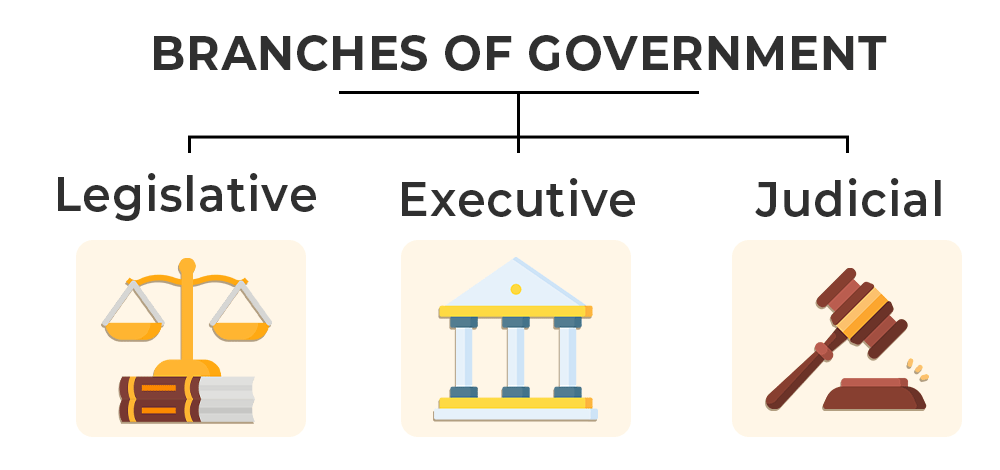Shahzad Ahmed
As we approach Eid, the familiar grumbles about inflated prices and opportunistic vendors are surfacing. Shoppers are out in force, and vendors are quick to hike prices in response to the surge in demand. In the midst of this frenzy, one figure often overlooked is the tailor, a crucial player in our Eid preparations.
Gone are the days when young girls would sit up late at night stitching their Eid dresses, guided by their mothers and even their grandmothers. Today, it is not only convenient but also fashionable to get all dresses stitched by local tailors who work at such a fast pace that it dazzles the eyes. Unfortunately, the cost of tailoring has skyrocketed over the years. A normal dress with no remarkable design or innovations that used to cost around Rs. 500 only five years ago now costs double the amount, and if there are any fancy features, the cost can go even higher.
Despite this steep increase in prices, there seems to be no attempt by customers to rein in the runaway prices of the tailor master, as their customers popularly know them. The absence of any such resistance is evident from the fact that the most sought-after tailors put up boards after just 15 days of the holy month of Ramazan, announcing that their hands are now full and they have enough orders to last them until Eid, so new orders will not be taken. This indicates that the customers are willing to pay the high prices without any complaints.
For many parents, the holiday season is a constant battle. They can be seen darting in and out of shops with their children, who are insistent on purchasing a specific dress or shoe. This period is particularly challenging for those with limited incomes or in jobs that do not offer additional earnings. Some manage to keep up with the shopping spree by collecting Eidi throughout the month, while others are forced to limit themselves to their regular earnings, their faces reflecting the stress of their financial constraints.
Every year, at the beginning of the holy month, people come up with ingenious schemes to somehow turn the tide in their favour. The Avoid Fruits campaign is the most common and announced yearly with great gusto. Honest, upright people fed up with rising prices declare that everyone should stop having fruits during the first few weeks of the holy month, forcing shopkeepers to reduce their prices to reasonable pre-Ramazan levels. However, every year, the campaign ends in failure, as people soon start buying fruits at available prices.
The situation in Pakistan is often contrasted with that of well-organized societies during holiday seasons, such as New Year and Christmas in western countries. While prices in these countries are typically reduced during such seasons, it’s crucial to note that they benefit from robust laws and their strict enforcement by established organizations and government agencies, all of which prioritize the welfare of the public over personal gains.
In stark contrast to these well-organized societies, Pakistan is a place where consumer protection is a mere concept. We are left to fend for ourselves, waiting and hoping for change. It is high time we recognized the importance of consumer protection and took proactive steps to ensure that our rights are safeguarded. This realization should stir a sense of urgency and responsibility in each one of us.
Please, subscribe to the YouTube channel of republicpolicy.com

















